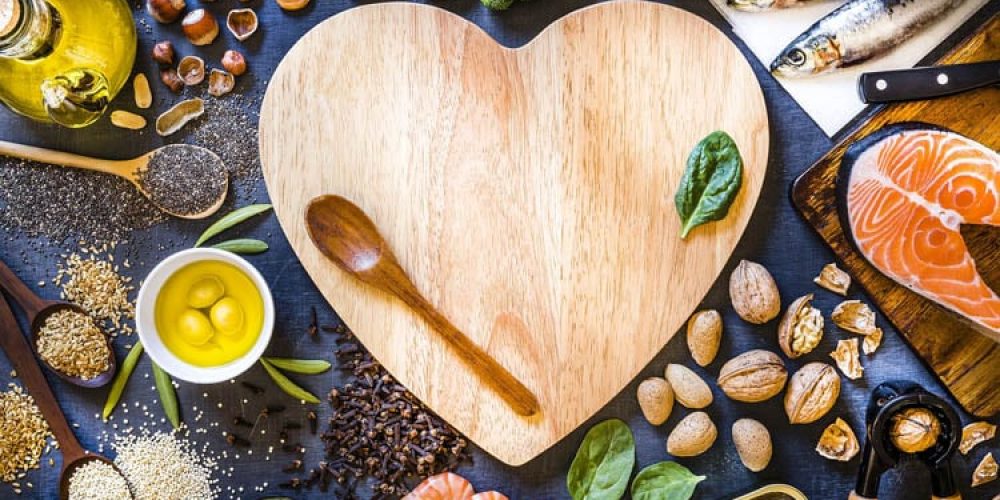Since the heart is the main driving force in your life, it is important to take extra care of your heart, regardless of age. Heart care certainly lowers the risk of fatal diseases, including cardiac arrest and stroke. Besides physical health, this care will help you participate in other healthy activities and enjoy your life.
How To Improve Heart Health?
Besides proper exercise in a gym supervised by your personal trainer, adding just a few foods to your diet can improve your heart health while also taking in good nutrition overall. More good news is that Heart-healthy foods are delicious and versatile, so you can use them in several ways for breakfast, lunch, and dinner and never get bored.
For perfect physical health and a healthy heart, findyourgym.ae helps you to find the best gyms in Dubai.
Here are ten foods you should eat to maximize your heart health.
#1 Leafy Green Vegetables
Spinach, kale, and collard greens are well known for their wealth of vitamins, minerals, and antioxidants. In particular, they’re a great source of vitamin K, which helps protect your arteries and promote proper blood clotting. Studies show that a higher intake of leafy greens is associated with a lower risk of heart disease.
#2 Whole Grains
Whole grains are associated with lower cholesterol and systolic blood pressure and a lower risk of heart disease. These whole grains include wheat, brown rice, oats, rye, barley, buckwheat, and quinoa.
#3 Berries
Berries are rich in antioxidants. Strawberries, blueberries, blackberries, and raspberries are jam-packed with essential nutrients that play a central role in heart health. Studies show that eating them can reduce multiple risk factors for heart disease.
#4 Avocados
Avocados are high in monounsaturated fats and potassium and may help lower your cholesterol, blood pressure, and risk of metabolic syndrome. Just one avocado supplies 975 milligrams of potassium, about 28% of the amount you need daily for a healthy heart.
#5 Fatty Fish And Fish Oil
Fatty fish and fish oil are high in omega-3 fatty acids and may help reduce heart disease risk factors, including blood pressure, triglycerides, and cholesterol. Fatty fish like salmon, mackerel, sardines, and tuna are loaded with omega-3 fatty acids, which have been studied extensively for their heart-health benefits.
#6 Walnuts
Walnuts are a great source of fiber and micronutrients like magnesium, copper, and manganese. Studies suggest that walnuts can help reduce cholesterol and blood pressure and may be associated with a lower risk of heart disease.
#7 Beans
Beans are high in resistant starch and have been shown to reduce levels of cholesterol and triglycerides, lower blood pressure, and decrease inflammation. Resistant starch has the potential to exert a beneficial impact on the gut and certain members of its resident microbiota. Multiple studies have also revealed that eating beans can reduce certain risk factors for heart disease.
#8 Dark Chocolate
Dark chocolate is high in antioxidants like flavonoids and is associated with a lower risk of calcified plaque in the arteries and coronary heart disease. Consuming chocolate in moderation may decrease your risk of coronary heart disease, stroke, and diabetes.
#9 Seeds
Flaxseeds, Chia seeds, and hemp seeds are all great sources of heart-healthy nutrients, including fiber and omega-3 fatty acids. Various studies have found that adding these seeds to your diet can improve many heart disease risk factors, including inflammation, blood pressure, cholesterol, and triglycerides.
#10 Olive Oil
Olive oil is a high antioxidant containing monounsaturated fats associated with lower blood pressure and heart disease risk. It is enriched in monounsaturated fatty acids, which are associated with improvements in heart health.









Comments 0